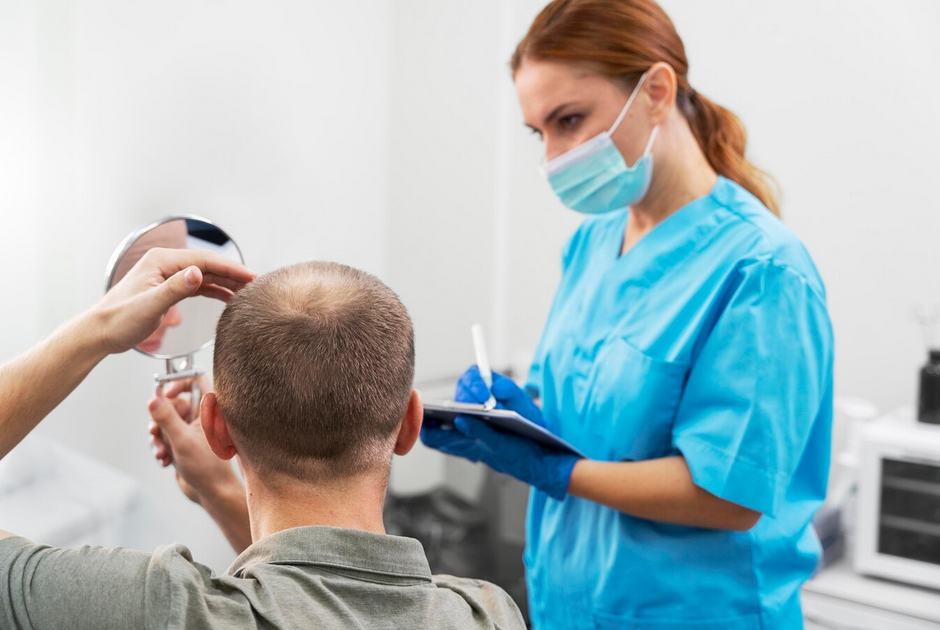SMILE (Small Incision Lenticule Extraction) eye surgery is one of the most advanced and minimally invasive procedures available today for vision correction. South Korea is a world-renowned destination for SMILE surgery due to its cutting-edge technology, expert surgeons, and comprehensive support for international patients.
If you’re a medical tourist planning to undergo SMILE surgery in Korea, proper preparation is key to ensuring a smooth procedure and optimal results. This guide covers everything you need to know about how to prepare for SMILE eye surgery as a medical tourist in Korea, including pre-operative steps, travel tips, and post-surgery care.
1. Understand the SMILE Procedure and Confirm Your Eligibility
Before traveling, make sure you:
- Know how SMILE works: SMILE uses a femtosecond laser to create and remove a tiny lenticule from your cornea to correct myopia or astigmatism, without creating a flap like in LASIK.
- Confirm your candidacy: You should have stable vision, be over 18, and have a refractive error within the treatable range. Avoid if you have corneal diseases, severe dry eyes, or autoimmune disorders.
- Many Korean clinics offer online or virtual consultations. Schedule one to assess your eligibility and discuss expectations.
2. Choose a Reputable Korean Clinic and Surgeon
- Research clinics with international accreditation and certified ophthalmologists.
- Check if the clinic provides medical tourism support, including language assistance, airport pickup, and accommodation booking.
- Read verified patient reviews and ask for before-and-after photos.
- Popular clinics include B&VIIT Eye Center, SNU Eye Clinic, JK Plastic Surgery, and Onlif Plastic Surgery.
3. Schedule Your Travel and Surgery Dates Wisely
- Plan to arrive in Korea 2–3 days before surgery for thorough pre-op testing and consultations.
- Reserve accommodations near the clinic to minimize stress on surgery day.
- Allocate 5–7 days for the entire trip to include surgery, rest, and follow-up visits.
- Avoid scheduling important work or events immediately after your return, as recovery requires some rest.
4. Prepare for Pre-Operative Requirements
- Stop wearing contact lenses before pre-op exams:
- Soft lenses: at least 1 week
- Rigid lenses: 2–3 weeks
Contacts can alter corneal shape and affect measurements.
- Avoid eye makeup, creams, and lotions the day before surgery.
- Arrange for someone to accompany you on surgery day or provide transportation, as your vision may be blurry immediately post-surgery.
- Ensure you have all necessary documents, including passport, medical history, and consent forms.
5. What to Expect on Surgery Day
- The procedure usually takes 15–30 minutes and is performed under numbing eye drops (no general anesthesia).
- You’ll lie down comfortably while the femtosecond laser creates the lenticule.
- The surgeon removes the lenticule through a tiny incision.
- Most patients experience no pain but may feel slight pressure or discomfort.
- Post-surgery, your vision may be blurry but improves quickly.
6. Post-Operative Care and Recovery Tips
- Follow your surgeon’s instructions diligently:
- Use prescribed antibiotic and anti-inflammatory eye drops as directed.
- Avoid rubbing or touching your eyes.
- Wear sunglasses outdoors to protect your eyes from UV light and wind.
- Avoid swimming, hot tubs, heavy exercise, and eye makeup for at least 2 weeks.
- Attend all scheduled follow-up visits (usually at 1 day, 1 week, and 1 month).
- Rest your eyes and avoid excessive screen time initially.
- Most patients can return to work or normal activities within 1–3 days.
7. Managing Travel Back Home
- Confirm your eye surgeon has cleared you for travel.
- Avoid strenuous activities or long-haul flights immediately after surgery if possible.
- Keep eye drops handy and follow care instructions during your journey.
- Schedule a follow-up eye exam with a local ophthalmologist once home.
8. Additional Tips for a Smooth Medical Tourism Experience
- Purchase travel insurance that covers medical procedures and unexpected complications.
- Bring comfortable clothing and any personal eye care items you prefer.
- Learn some basic Korean phrases or ensure your clinic provides a translator.
- Keep digital copies of all medical records and clinic contacts.
- Explore Korea’s rich culture and cuisine during your recovery days, but rest as needed.
Final Thoughts
Preparing well for SMILE eye surgery in Korea can greatly improve your surgical experience and recovery outcomes. By understanding the procedure, choosing a trusted clinic, and following pre- and post-operative guidelines, medical tourists can enjoy clearer vision and a hassle-free trip to one of the world’s top medical destinations.




